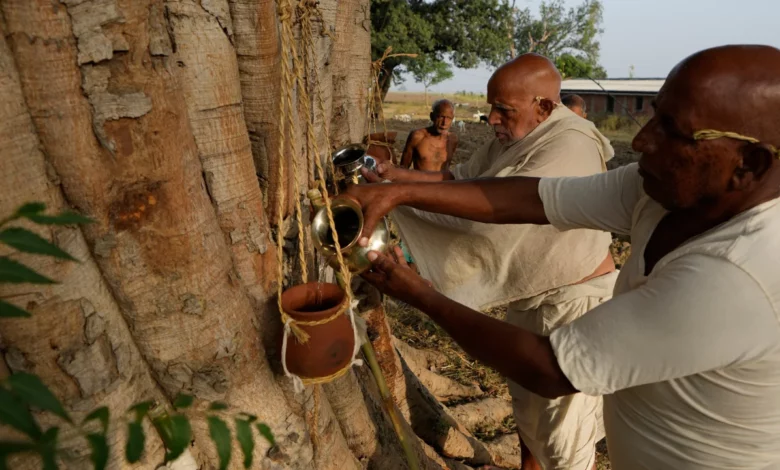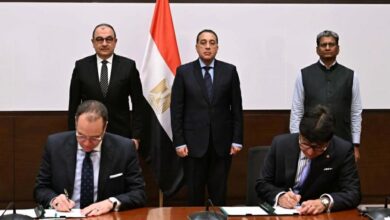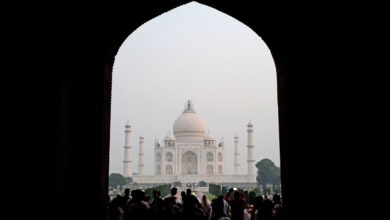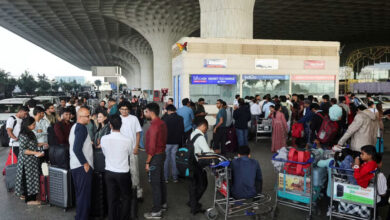
The surge in deaths this months follows a warning from the country’s meteorological department about potential heat-related casualties.
Temperatures in northern and eastern India have reached 46 degrees Celsius (114.8 degrees Fahrenheit) this week, AFP reported. The country often experiences heatwaves during the summer months of May and June, and climate change has supercharged the odds of a record-breaking heatwave.
But local officials have been unable to agree on the cause behind the spike of deaths, as critics accuse the government of not doing enough to prevent the deaths.
A local health official acknowledged heat may have been a factor in the deaths of 25 people on June 16. “In this temperature, most number of patients are victims of heatstroke, and it won’t take long before people are affected by heatstroke,” Dr. Diwakar Singh said.
According to the BBC, he went on to say: “Most of the patients were above 60 and had pre-existing ailments. These were exacerbated by the heat and they were brought to the hospital in serious condition. They died despite being given adequate treatment and medicines.”
But after he spoke to the media, Singh, Ballia district’s chief health official, was transferred overnight to another district in the province overnight, for “‘giving a careless statement on deaths caused by heatwave without having proper information,’” Indian Express reported.
Later, the Chief Medical Officer of Ballia, Dr. Jayant Kumar, said the spike in deaths was due to “various other ailments,” including old age.
“There is a team that has come to investigate the cause of death, a two-member committee comprising of health directors who are meeting the patients, they have taken water, urine, and blood samples for investigation. Once we get the report, then the situation will be clear to us,” Kumar said.
Another health director, Dr. N Tiwari investigating the deaths of patients admitted to the Ballia district hospital, said, “a detailed inspection has been done of the hospital, it is true that the heat is very high, patients who are admitted here are also suffering from the heat, however there have been arrangements that have been made to ease the situation inside the hospital.”
Akhilesh Yadav, an opposition political party leader and former chief minister of Uttar Pradesh, has criticized the government for the number of deaths that have taken place in the state.
“So many people across the state have lost lives because of the carelessness of the state government,” he told the press. “They should have warned the people about the heatwave. Not a single district hospital has been built in the last six years. Those who have lost their lives are poor farmers because they did not receive food, medicines and treatment on time.”
India’s Health Minister Dr. Mansukh Mandaviya said the government is taking steps to address the heat wave and the surge in deaths, and officials would “hold discussions with the states which are continuing or likely to continue with heat wave so that appropriate decisions regarding heat stroke can be taken.”
India is among the countries expected to be worst affected by the impacts of the climate crisis, according to the Intergovernmental Panel on Climate Change.
In recent years, both the federal and state governments have implemented a number of measures to mitigate the effects of heatwaves, including shutting down schools and issuing health advisories for the public.




